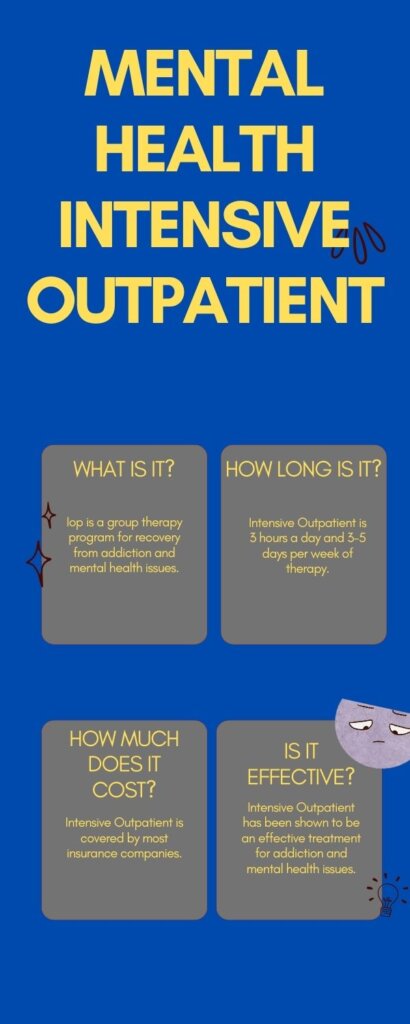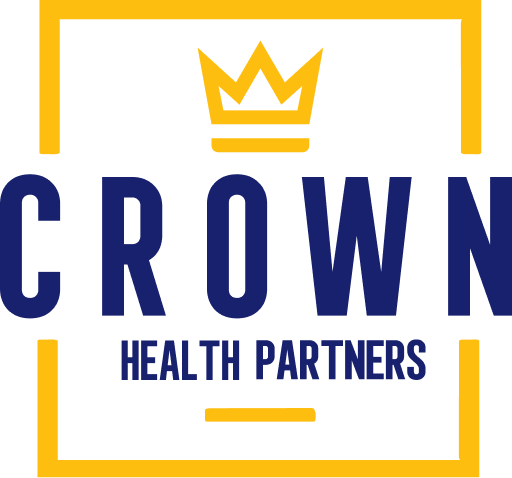This is something you might not have heard before but 90% of your brain’s processing is controlled by your subconscious mind. This means that, your brain’s functions, seeing, hearing, tasting, smelling, and all that is happening without you actively thinking about doing them.
This also includes some of the instinctive decisions that we make such as the fight or flight responses, or gut decisions made in the heat of the moment – your subconscious mind did all that for you and you didn’t had to consciously think about it, how amazing is that?
So, all this amazingness requires a little thank you, doesn’t it?
Additionally, if you let your conscious thoughts deteriorate your mental health, the effects will, absolutely, trickle down to your subconscious functions; thereby, impacting your physical and spiritual health (mental health was the first to take the hit).
Therefore, in this article, we will be discussing some of the top strategies to empower your mind – both, conscious and subconscious. We will discuss the various techniques that you can practice on your own or utilize by being a part of mental health support facilities at Norwell, Massachusetts, such as Crown Health Partners.
Alright, so without any further ado, here are the top 5 techniques to empower your mind for transformative mental health capabilities.
Top 3 Strategies To Empower Your Mind – And Transformative Practices Offered At Mental Health Norwell Massachusetts
1. Self-Awareness
Self-awareness, in simple words, allows you to understand your thoughts, feelings, and behaviors; with that understanding, comes a greater control over your well-being and, generally, over your life.
You will know what emotions to display to the right kind of people, so you can truly enjoy with people close to you. Likewise, you’ll win in negotiations, by being in control of your emotions; and have better decision-making, because you’ll be well aware of your biases and triggers. Researches reveal that higher self-awareness leads to successful careers and relationships.
Here’s how you can practice self-awareness:
Journaling
The act of writing down your thoughts and experiences forces you to slow down and reflect on them; thereby, allowing you to analyze your emotions, identify patterns, and notice how your thoughts and behaviors respond to varying circumstances.
Mindfulness And Meditation
Meditation helps in calming down your mind and reducing stress; now, couple that with mindfulness – staying present in the moment – you can foster a non-judgmental awareness of your thoughts.
Exploring Your Values
With the former two techniques for self-awareness, you can start exploring your values – thoughts and ideas that are important to you. This will connect your actions to values that you think are right and will give you a sense of purpose and motivation. Not to mention that you will absolutely feel wonderful by standing up for yourself and what’s right.
2. Challenge Negative Thinking
Challenging negative thinking is always crucial because negative thoughts prevent us from realizing our full potential. Heck, they don’t even let us try different things, so forget “full potential”, negative thinking destroys every single perception of said potential.
When you recognize the negative thought patterns, you will be infinitely less vulnerable to their influence. You won’t spiral into the depths of stress, anxiety, and depression. And you will be swimming in confidence, ready to take on the challenges of the work, or asking out your long-awaited crush.
Here are some techniques that can help you challenge negative thinking:
Disrupt Cognitive Distortions
You will want to identify when you’re overthinking things, like talking to your crush doesn’t have to be such a big thing – they are human just like you. Similarly, you will have to identify and challenge thoughts that are making you overgeneralize things or catastrophizing like messing up less-important things you normally do fine just because you thought someone was watching.
Establish Boundaries
It’s true that most of us are overworking and we can’t refuse tasks, or even favors, when we should have been sitting back and relaxing. Doing this, repeatedly, only invites stress and overthinking that your friend might feel bad if you refused them a favor. So, learn to say no and establish healthy boundaries for your personal well-being as well as maintaining healthy relationships, work or no work.
Learn Stress Management Techniques
According to a 2024 report published by Statista, 37% of adults in the U.S. state that their stress levels have increased over the past year. So, to prevent this trend from exploding, you will need to start practicing stress management techniques such as deep breathing, exercising, or engaging in your favorite hobbies. However, don’t go inviting extra stress if the games are making you rage as is common in some fast-paced online gaming.

3. Therapies To Level Up Your Cognitive Thinking
Finally, we have therapies to help you unlock your true self by either getting rid of blockers in the brain, or putting you in productive situations to level up your game, or both!
These therapies can help reduce challenges such as stress, anxiety, depression, PTSD, substance use disorder, co-occurring disorders, and more.
Besides being rehabilitative, they are also enlightening – for example, they can help you with public speaking (by reducing stage fright) or learn to care about relationships with the help of equine-assisted therapy.
To deal with stress, anxiety, and depression
Cognitive-behavioral Therapy (CBT) is one of the most effective evidence-based treatments for curing stress, anxiety, and depression. It identifies and modifies these negative thought patterns, so it, along with your care expert, can equip you with practical skills and tools to manage unhelpful thinking. Besides CBT, Acceptance and Commitment Therapy (ACT) and Mindfulness-Based Therapies are also recommended for stress, anxiety, and depression.
To cure Trauma and PTSD
CBT with a trauma focus (TF-CBT) is specifically designed for trauma and PTSD. It identifies and modifies trauma-related thoughts, feelings, and behaviors. Prolonged Exposure (PE) therapy is also recommended and it gradually exposes individuals to traumatic memories, so they can process it in a controlled environment.
EMDR (eye-movement desensitization and reprocessing) is another technique that aims to de-link the negative emotions and physical sensations with the trauma and the memory itself.
To express yourself creatively
Sometimes words aren’t nearly enough to express the rollercoaster of emotions going on inside ourselves. In such scenarios, creative therapies such as art and music therapy help us express our thoughts without the need for words. This works perfectly well for a lot of individuals including children, who might not know the words to express their problems.
To build confidence, self-esteem, and connection with nature
Equine-assisted therapy gives you a multitude of benefits that go from building confidence and self-esteem from taking care of a horse more than twice your size; having better emotional regulation, as horses respond to your emotions, giving you real-time feedback; having better communication from picking up non-verbal cues; and getting plenty of physical activity from being outside in the nature.
Final Thoughts And How You Can Take a Transformative Mental Health Journey In Norwell Massachusetts
So, folks, most of the strategies mentioned above will definitely help you empower your mind and build up skills that will put you ahead in whatever challenges life throws at you.
Granted, these techniques do require a bit of self-motivation; if you have plenty of that, you will be good to go. However, if you need some structure that keeps you encouraged outpatient programs are the better choice for you.
These programs put up a schedule that fits your timetable, has one or two sessions per week, and aren’t too intensive, making it effortless to stick to the programs while maintaining your daily commitments.
If this sounds like something that would interest you, contact Crown Health Partners online here, or call 888.557.1552, to speak to your dedicated representative and get started right away.
We would love to join you as you navigate your transformative mental health journey, reach out and let’s get in touch today!


